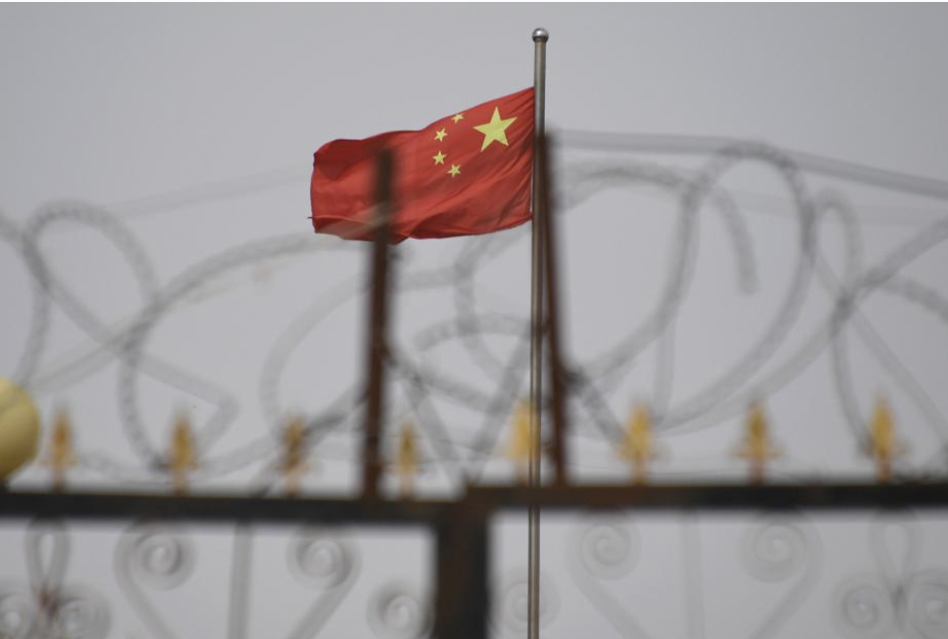International Community Is Failing The Uyghurs But A Change May Be Ahead
Religion Unplugged believes in a diversity of well-reasoned and well-researched opinions. This piece reflects the views of the author and does not necessarily represent those of Religion Unplugged, its staff and contributors.
(OPINION) In 2021, several reports produced by experts found that the Uyghurs are subjected to genocide in Xinjiang, China. This finding was followed by several determinations from parliaments and the U.S. State Department of the atrocities amounting to genocide and by calls for action to address the atrocities. However, no real action followed.
On Aug. 31, the Office of the U.N. High Commissioner for Human Rights published its report concluding that “serious human rights violations” against the Uyghur and other predominantly Muslim communities have been committed in Xinjiang.
The report added that the atrocities may amount to international crimes and, in particular, crimes against humanity. However, this report was also not followed by any decisive steps to address the atrocities. China continues to deny the allegations and brands them as propaganda.
This photo taken on June 4, 2019, shows the Chinese flag behind razor wire at a housing compound in Yangisar, south of Kashgar, in China's western Xinjiang region. (Photo credit: GREG BAKER/AFP via Getty Images)
However, the tables may turn after all as several states work on a resolution — a so-called draft decision — to ensure that the U.N. debates the high commissioner’s report. At the end of September, the United States filed the draft decision with the U.N. If successful, the report and the situation of Uyghurs would be debated at the next U.N. Human Rights Council session. The vote is expected just before the end of the 51st session of the Human Rights Council, before Oct. 7. A simple majority is needed for the draft decision to pass. The Chinese delegation is said to be exercising pressure on states to oppose the resolution to prevent further engagement with the critical report.
The debate would provide an opportunity to focus on proactive measures to address the situation of the Uyghurs. Historically, such debates have been used to, among others, pass resolutions establishing mechanisms to collect and preserve evidence of atrocities.
In the case of the atrocities against the Uyghurs, it is crucial to establish a mechanism that would collect and preserve the evidence of the atrocities, analyze the evidence against the parameters of international crimes, and identify actions for states and international bodies. Such a mechanism could collect and preserve evidence even if not physically allowed into Xinjiang. Indeed, U.N. mechanisms of this sort — especially the International, Impartial, and Independent Mechanism for Syria and the Independent Investigative Mechanism for Myanmar — have been able to collect the evidence without access to the countries.
While it is expected that China will move mountains to ensure that neither the debate takes place nor a special mechanism is established, recent years have seen creative approaches to get around blockages at the U.N. For example, as all action on Syria at the U.N. Security Council was blocked by Russian and Chinese vetoes, states worked together to utilize the powers of the U.N. General Assembly and ultimately passed a resolution establishing the International, Impartial, and Independent Mechanism. The group is working with investigators in 12 countries to ensure that domestic courts can use the evidence it collects and bring the perpetrators to justice using the principle of universal jurisdiction. Where there is a will, there is a way.
Ewelina U. Ochab is a legal researcher and human rights advocate, doctoral candidate and author of the book “Never Again: Legal Responses to a Broken Promise in the Middle East” and more than 30 U.N. reports. She works on the topic of persecution of minorities around the world. This piece was republished from Forbes with permission.

